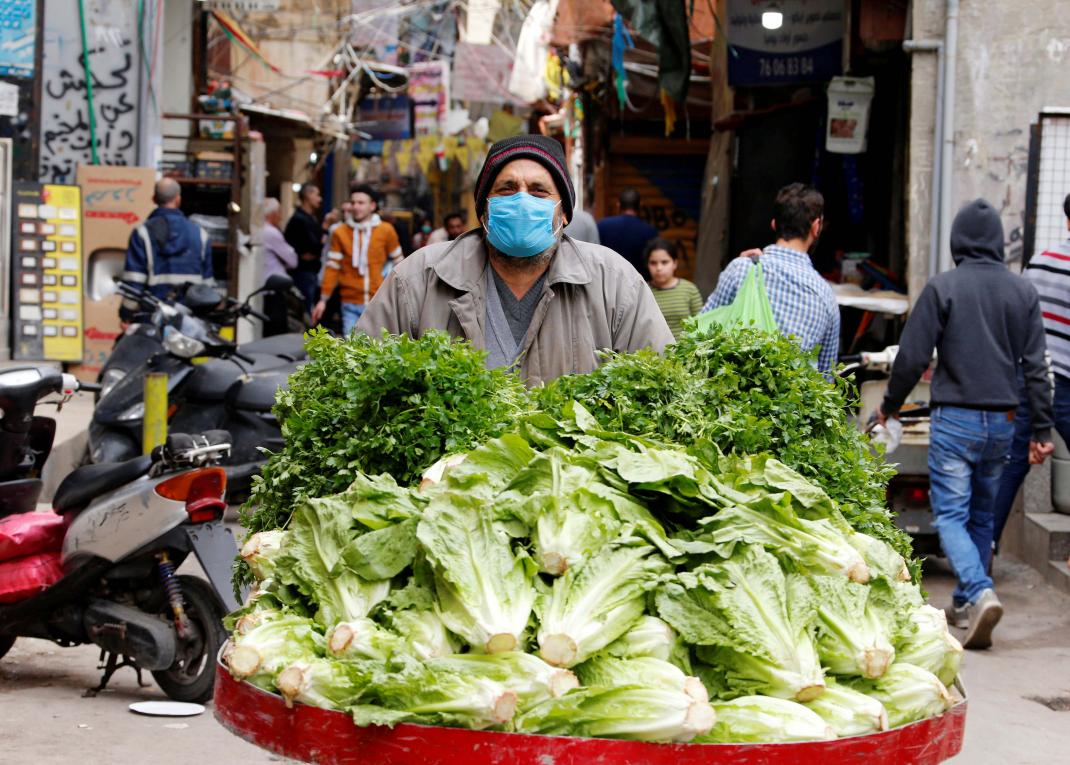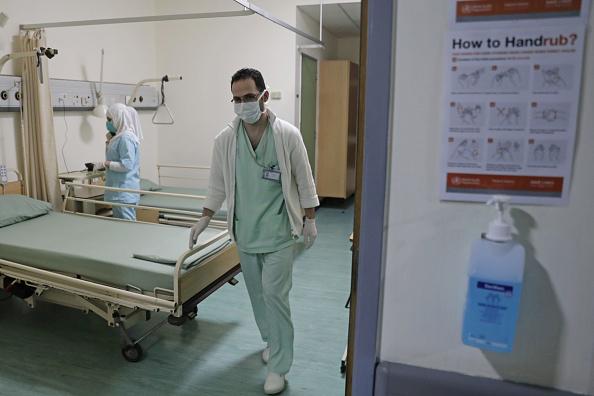We @amnesty spent yesterday visiting the Assad government’s security and intelligence branches in Damascus. For years, survivors had described the horrors they experienced in these underground dungeons. But nothing could have prepared us for what we saw. 

These underground labyrinths are literally hell on earth. They were overcrowded, crawling with cockroaches and other insects, lacked ventilation. They still smell of blood and death. 

This is “bisat ar-reeh”, a notorious torture device where detainees would be strapped to a wooden slab that would be folded until their back cracked. 

This is the “doulab”. Detainees would be stuffed into the tyre and beaten, usually on the soles of their feet. 

This is the “lakhdar”, which means green in Arabic. It was named after Lakhdar Brahimi, the UN Envoy Syria at the start of the conflict. It was used to beat detainees. 

Families are desperately searching for their loved ones in hospitals, morgues and prisons. They are searching through body bags to find some closure. But many bodies are beyond recognition, mutilated by years of torture and starvation.
Tens of thousands remain missing.
Tens of thousands remain missing.

Hospitals are posting photos of the bodies they have so families can find their loved ones. So much heartbreak. For most families, the answers they have been yearning for never came. 

• • •
Missing some Tweet in this thread? You can try to
force a refresh






